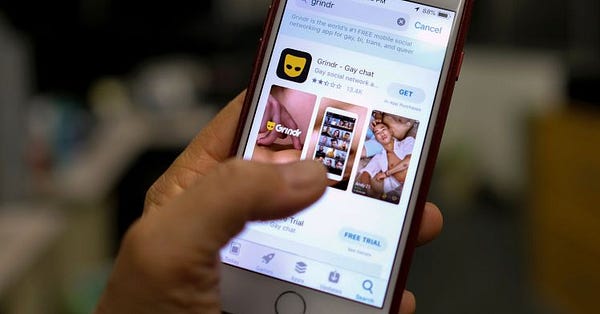An apparent revival of life
After a few days without new coronavirus cases in Beijing, reports of office work returning to normal in the capital city offset the fears sinking in elsewhere on the planet. Wuhan-based industries were also green-lit to resume operations, following a visit to the virus epicentre by Chinese leader Xi Jinping:


While the news cycle fills up with events like a New York City conference on coronavirus cancelled because of coronavirus, it appears that postponing all gatherings is the current ideal in areas trying to contain the outbreak.
Pandas of the pandemic


Even if the outbreak has levelled off there, criticism has lingered for how China was censoring unofficial social media information about COVID-19. But a recent Amnesty International report explored how creative workarounds could be found. Panda images were a noteworthy part of this new language.
This week in Huawei news


Huawei had its licence extended to May 15 by the White House, giving firms more time to do business with the Chinese telecom giant, even though it was added to the economic blacklist. Canada is now being more firmly dissuaded by the U.S. about doing 5G business with Huawei—yet, the company is now dangling a deal at Canada:
And while 38 rebels in the British Conservative party backed an amendment to end the U.K.’s deal with Huawei, they lost their battle by a 24-vote margin.
More creeping in academia


The cancer research smuggling allegations took a turn with medical student Zaosong Zheng set free on bond in the Boston area. But the U.S. government is continuing to scrutinize academics from China, who are frequently tied to the Confucius Institute. Meanwhile, a legendary medical school got attention for a conspicuous map change:


The last words, for now
Grindr will no longer be owned by a Chinese gaming company. Beijing Kunlun Tech divested from the gay dating app; a U.S. government panel had been on the company’s case after a privacy breach. Its users either didn’t know, or didn’t care. Regardless, given how Grindr was valued at $155 million when Beijing Kunlun bought its initial 60 per cent stake in 2016, the return on its investment looks like it was formidable:









